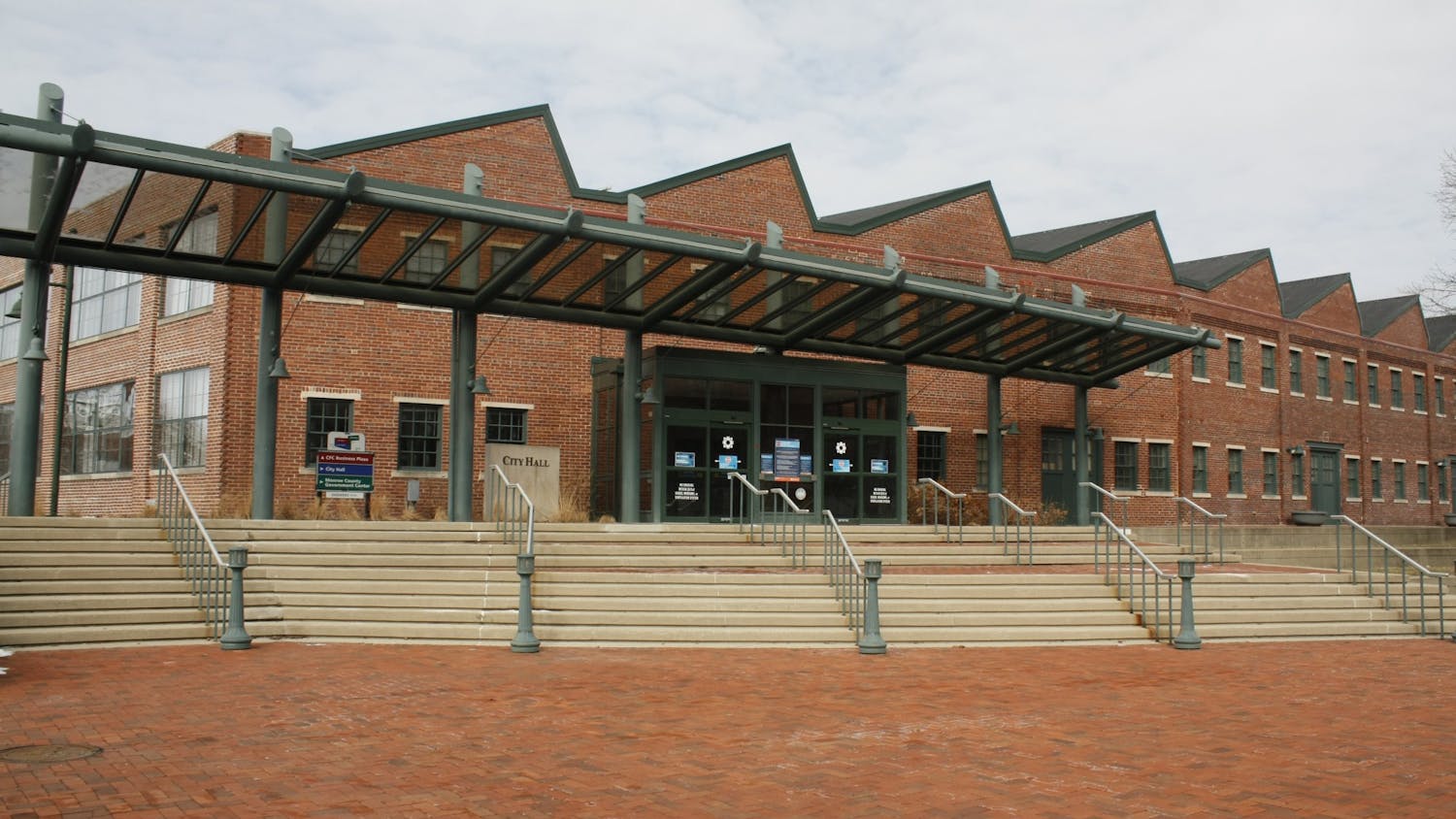A new report that could mark a significant shift in Indiana's higher education recommends that IU and Purdue University enroll fewer undergraduate students and increase emphasis on graduate education and the number of graduate students on their main campuses to prepare for the state's economic future.\nThe final report, released Thursday by an independent panel appointed by the state legislature, said the greatest assets to diversifying and expanding the state's economy for the future are its institutions of higher learning.\nBut Indiana has put an overwhelming focus on bachelor's degree education that is out of balance with the rest of the nation, the report says, which has distracted it from important goals, such as expanding Indiana's research and technology transfer and fixing "insufficiencies" in the state's two-year college programs.\nThe report says its proposals would create a long-term development plan for postsecondary education, saying:\n• IU and Purdue must become more focused on graduate education, research and technology transfer and less focused on undergraduate education.\n• Regional universities must "pick up the slack" in providing bachelor's degrees and serve the needs of different regional economies.\n• Ivy Tech campuses must evolve into comprehensive community colleges comparable to the best of those found elsewhere in the nation, and Vincennes University should free itself from connections with Ivy Tech.\nAs of late Thursday night, representatives from the state's two largest public universities were still mulling through the committee's 100-page report.\nIU Director of Media Relations Larry MacIntyre said IU President Adam Herbert had been briefed on the report and said Herbert is now in the process of reading it once, if not twice, in the next couple of days.\n"The report contains some good things, some things we think are great ideas, and it also contains some things that concern us," MacIntyre said. \nHerbert agrees with the concept of expanding community-based education in Indiana, and he wants to be a partner with the state and with businesses to help bring new business to Indiana and make IU an "even greater catalyst" for economic growth. \nBut MacIntyre said Herbert disagrees with the proposal to cap undergraduate enrollment. Herbert believes a large undergraduate enrollment is beneficial to the whole system, providing for a large base of professors and associate instructors and creating a "depth in the breadth" of IU's academic programs, MacIntyre said.\n"Dr. Herbert very much would like to see graduate programs expanded at Bloomington, but not at the expense of reducing undergraduate enrollment," MacIntyre said. "If it came to that, Dr. Herbert would oppose any policy that would force IU to reduce its undergraduate enrollment."\nHerbert's fears that a cut in IU's undergraduate enrollment would necessitate faculty and staff reductions, which would ultimately erode the quality of programs and the unique experience IU offers, MacIntyre said. \nCurrent enrollment for IU on the Bloomington campus is 37,821; Purdue's total at its West Lafayette campus is 38,653. Reducing those numbers would likely be unpopular statewide.\nPurdue President Martin C. Jischke said in a statement released to the Indiana Daily Student by Joseph Bennett, vice president for University Relations at Purdue, that he believed the proposal is not likely to be popular or even feasible.\n"While we are indeed growing our research program, in part because of the impact of Purdue research on the future of Indiana's economy, shrinking the enrollment of resident undergraduates and charging dramatically higher tuition is not what the people of Indiana want from Purdue," Jischke said.\nJischke said he is also concerned that any changes could threaten the financial stability of Purdue.\n"Our state support per student is already among the lowest in the Big Ten," he said.\nMacIntyre said the report suggests its goals can be achieved without additional investment, but Herbert disagrees, adding that the kind of expansion talked about in the report would actually require additional state funding.\nThomas Reilly, chairman of Higher Education Subcommittee of the Indiana Government Efficiency Commission, which released the final audit of public universities, told the Associated Press that IU and Purdue need to generate more of their own funding through research and "almost become more privatized."\nReilly added that Indiana's public universities are well-ranked, but their research and technology production are not successfully linked to plans to help change the state's economy.\nAny proposed changes to the state's public universities will have to occur in January, when a Republican-controlled Indiana General Assembly reconvenes.\nEllen Whitt, spokeswoman for Governor-elect Mitch Daniels, said he had not had an opportunity to review the report released Thursday and was not in a position to comment without reviewing it, adding that Daniels will be examining the report soon.\nMacIntyre said it should be made very clear that Thursday's report is very preliminary, and since it has just been made public, the discussion over the future of the state's institutions of higher learning has merely begun.\n"The debate has just opened," he said. "Dr. Herbert will be taking part in that debate and will be talking to the governor, talking to the legislature, talking to alumni, talking to everyone. We're at a point where this is going to be discussed for a while."\n-- Contact senior writer Tony Sams at ajsams@indiana.edu.
Study: Admit fewer students
Report says state schools should shift to graduate emphasis
Get stories like this in your inbox
Subscribe





